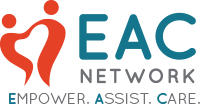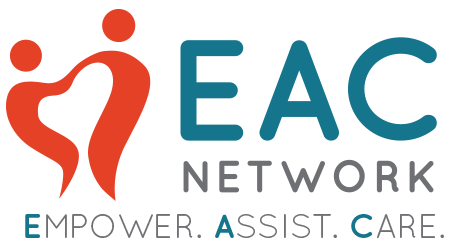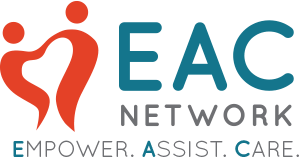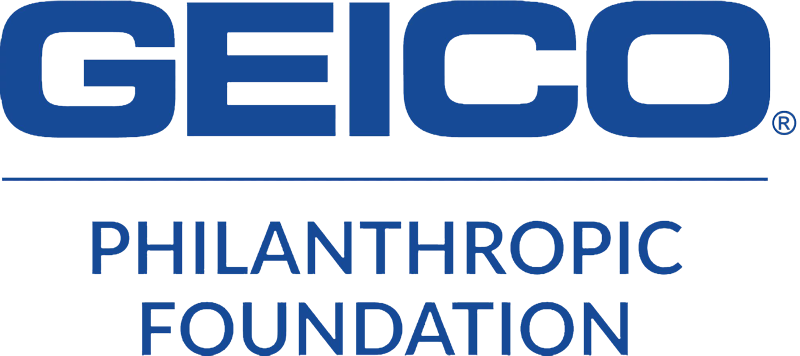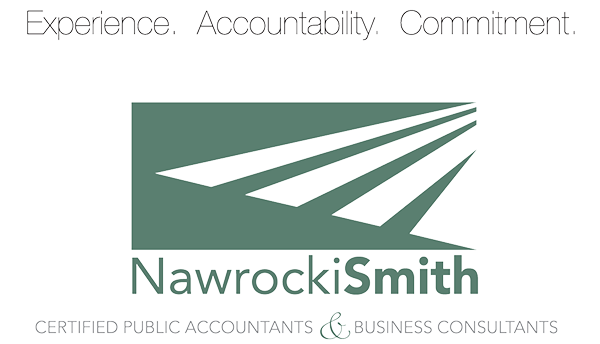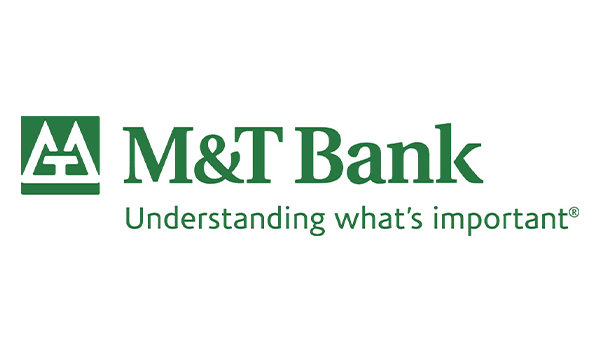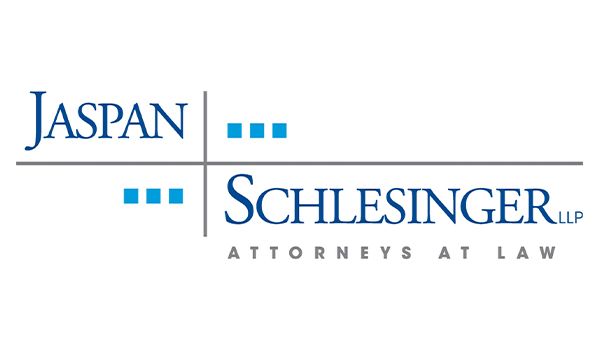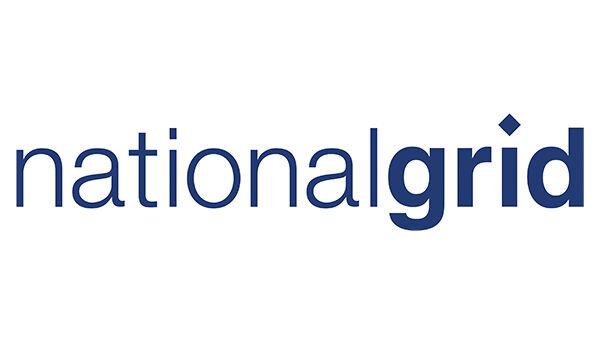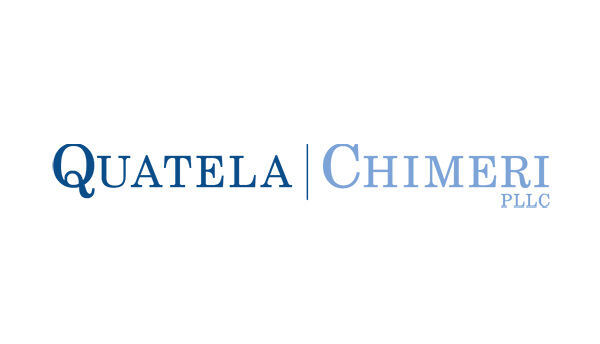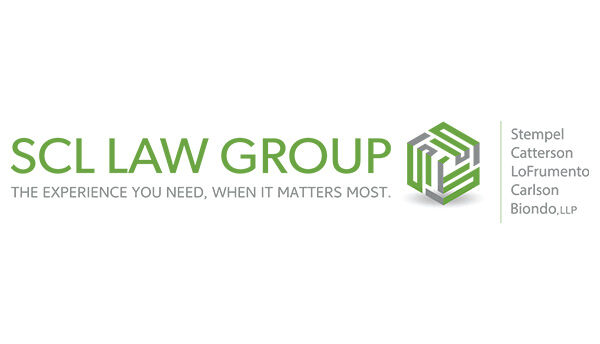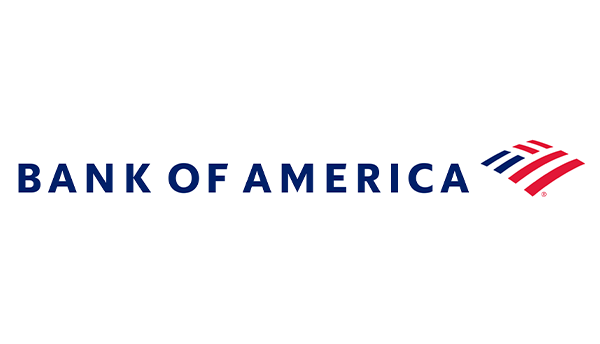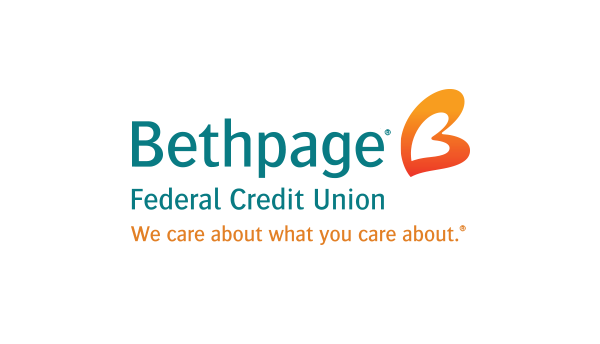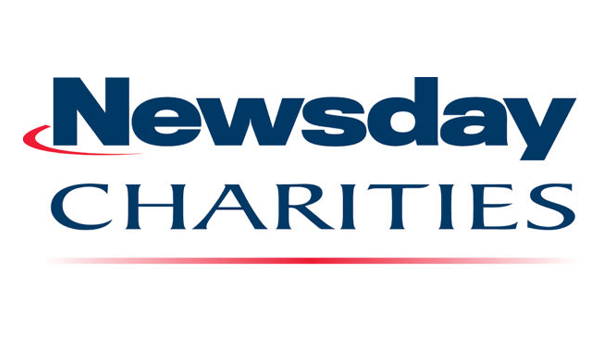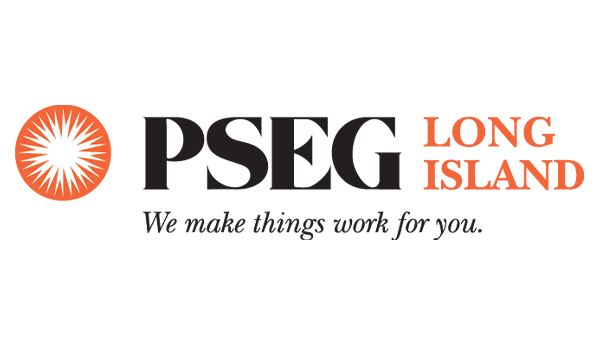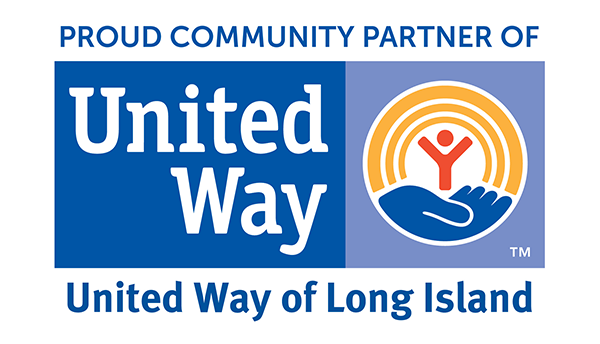
Program Overview
Manhattan Treatment Court Risk-Needs-Responsivity Project provides enhanced services including vocational assistance, peer mentoring, and interactive journaling to individuals involved in the Manhattan Treatment Court.
Clients Served Last Year:
75
Program Contact:
Trovana Hector
Program Coordinator
Funding Generously Provided by:
Substance Abuse and Mental Health Services Administration and private donations.
Contact Information:
Family Court Building
60 Lafeyette, Room 3A
New York, NY 10013
(718) 237-9404
THector@nyctasc.org

Program Description
The Problem:
Manhattan Treatment Court does not have vocational or peer services on site for their participants, nor do they complete interventions to address criminogenic thinking.
Our Solution:
Provide a case manager, vocational counselor, and peer mentor on-site at Manhattan Treatment Court to enhance participants’ recovery.
How We Do it:
Participants in Manhattan Treatment Court are diagnosed with a substance use disorder and have taken a plea for alternative to incarceration so that they can receive substance abuse services. Our staff provides vocational and enhanced services directly in Manhattan Treatment Court to allow for easy collaboration with the Manhattan Treatment Court staff. Vocational Counselors provide job readiness and preparation assistance and Case Managers oversee an interactive journaling intervention for participants in groups or one-on-one to address their criminogenic thinking. Furthermore, Peer Specialists share their personal experience and knowledge to help participants find success in their recovery process and programs and provide personal support as well as escort participants to programs and other places within the community.
How You Can Help:
To support the Manhattan Treatment Court program with a gift, click here or call (516) 539-0150 x117.
The Outcomes of Manhattan Treatment Court Risk-Needs-Responsivity Project
The vocational services offered provide opportunities for obtaining employment and the peer mentors serve as positive role models to help participants achieve long-lasting recovery.
